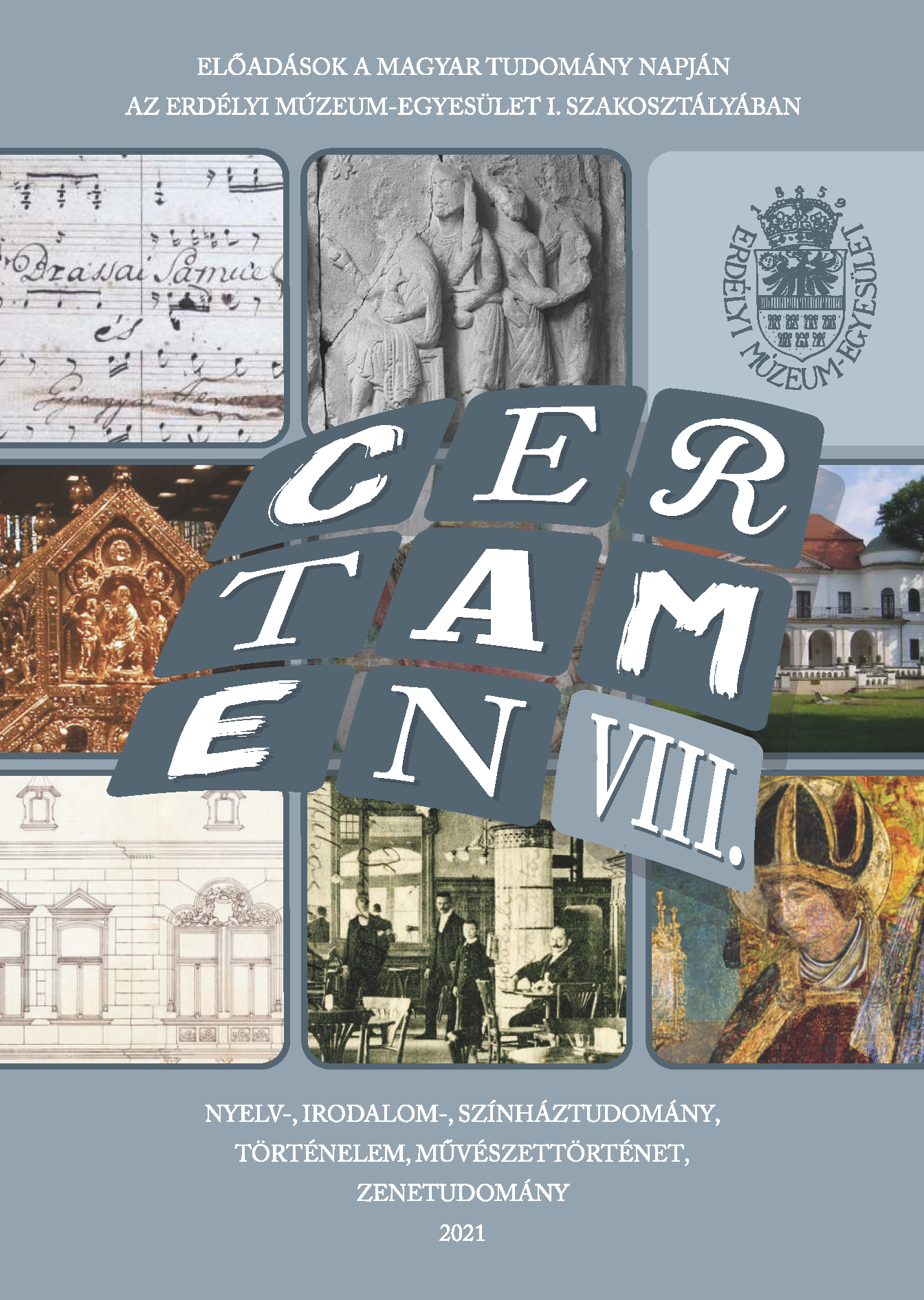Gazdálkodó arisztokraták és segítőik. Birtokos és tisztikar kapcsolata a 18. században
Agriculturist Aristocrats and Their Adherents. Relations between Landowners and Their Manorial Officials in the 18th Century
Author(s): Klára PappSubject(s): Economic history, 18th Century
Published by: Erdélyi Múzeum-Egyesület
Keywords: demesne; agriculture; production; manorial officials; landowner-manorial official relation;
Summary/Abstract: The study examines the economic and management pursuits of the landowners of the two – Upper Hungarian and Transylvanian – branches of the Csáky family, and their connections with their functionaries. In the middle of the 18th century the members of the Upper Hungarian branch of the family attempted to reclaim their pledged lands from Bihor county from the Transylvanian branch of the family. During this procedure a full-fledged trustee, named Gábor Ferdényi was employed, partly because he was well known for his positions in the county of Bihor, and partly because the Csákys even helped the Ferdényi family to obtain the noble title. After 1785 they regained the three demesnes, and a plenipotentiary was chosen from the same family, namely János Ferdényi, who served the family with full devotion. László Csáky, the Great Provost of Várad, who obtained the manor surrounding Várad (Oradea) after 1800, also chose loyal people, and likewise, he constantly and directly supervised his officers. György Csáky, who belonged to the Upper Hungarian branch, governed the Belatinc manor in Zala county through his commissioner Imre Niczky, who developed a relationship of trust and confidence with the Count, who performed military duties and lived in Sopron. Their thorough correspondence that covers all the details, reveals that Niczky not only carried out the necessary inspections on the land that included 21 settlements, but also did everything he could to make the production profitable. A sign of their close and good relations was, for example, that the commissioner also took care of Csáky’s accommodation in Bratislava during the Diet of 1741. Kata Csáky, who belonged to the Transylvanian female-branch, stands out from the family primarily by organizing the management of the part of the demesne she inherited, by enlarging the land, and by making changes in order to make it profitable. She constantly corresponded with her functionaries, strictly controlled, improved, and corrected their activities, while she herself had also something to learn about farming. Both her difficult nature and Catholicism may have been the reason why she changed her functionaries frequently – who were usually Protestants –, and she couldn’t, or she might not even wanted to build a relationship of trust with them. Based on family documents and voluminous correspondence, the study also draws attention to the importance of good relations that aristocrats established with the officials of their demesnes.
Journal: Certamen
- Issue Year: 2021
- Issue No: VIII
- Page Range: 121-137
- Page Count: 17
- Language: Hungarian

